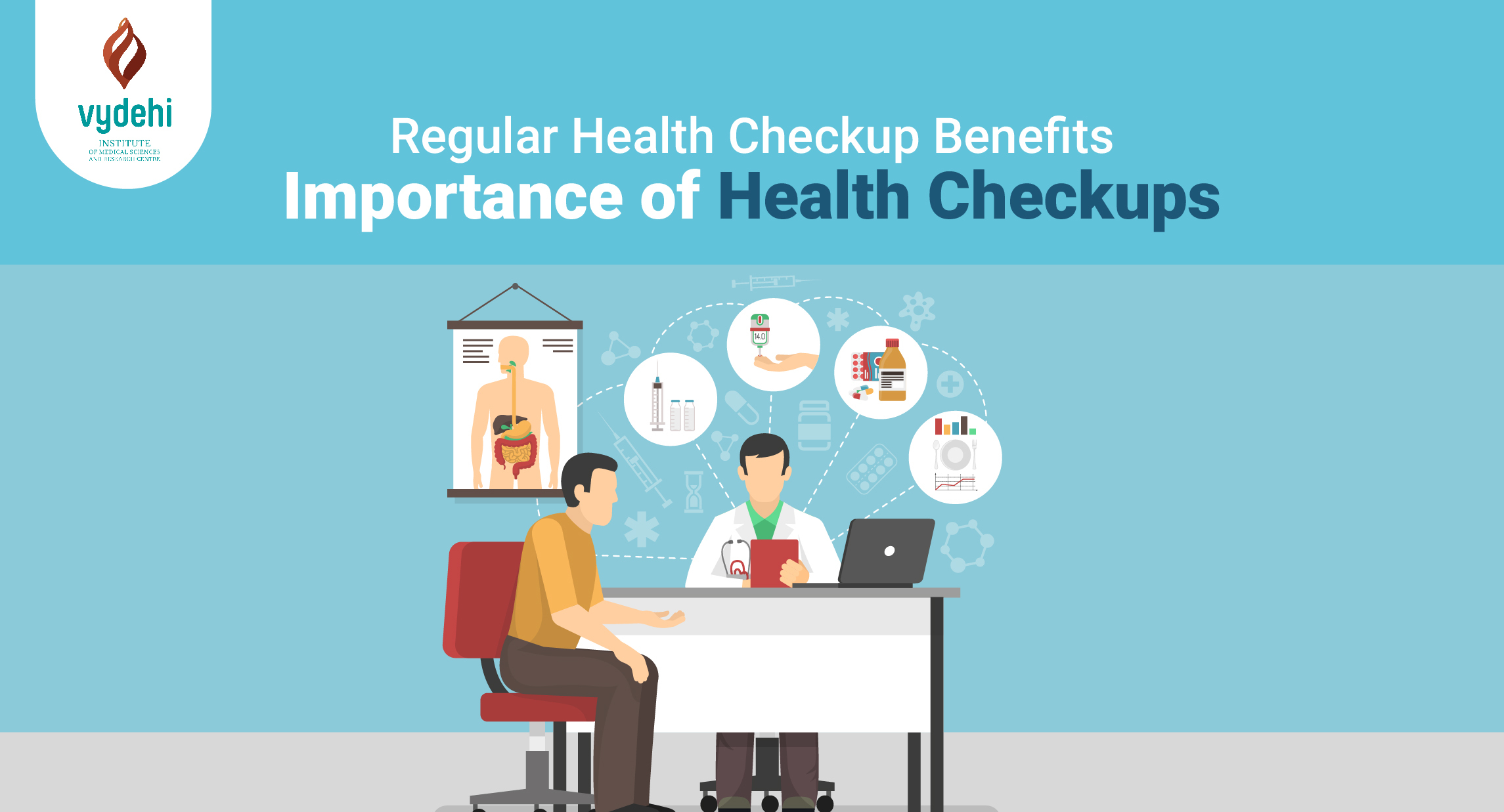Regular Check-Ups: Vital Health Care

Regular Check-Ups: Vital Health Care
Ensuring regular health check-ups is crucial for maintaining overall well-being and catching potential health issues before they escalate. These check-ups provide a proactive approach to health care, enabling early detection and intervention when necessary.
Preventive Health Care
Routine check-ups are essential for preventive health care. They enable healthcare professionals to assess your overall health, conduct screenings for various conditions, and identify risk factors. By detecting issues early, preventive care allows for timely interventions and reduces the likelihood of developing serious health problems.
The importance of regular health check-ups cannot be overstated. For more insights and information on the significance of these check-ups, visit Women’s Health and Style.
Early Detection of Health Issues
Regular health check-ups facilitate the early detection of potential health problems. Screening tests and examinations performed during these check-ups can detect conditions such as high blood pressure, diabetes, cancer, and heart diseases in their early stages, when they are often more treatable and manageable.
Customized Health Care Plans
Health check-ups provide an opportunity for healthcare professionals to develop personalized health care plans based on individual health needs and risk factors. These plans may include lifestyle modifications, screenings, vaccinations, or medications tailored to maintain optimal health.
Monitoring Health Progress
Regular check-ups also allow for the monitoring of health progress over time. Healthcare providers track changes in health indicators, vital signs, and test results, enabling them to assess the effectiveness of treatments or interventions and make necessary adjustments.
Building Patient-Doctor Relationships
Frequent health check-ups foster a strong patient-doctor relationship. Regular visits enable individuals to establish trust with their healthcare providers, leading to more open communication and a better understanding of one’s health needs and concerns.
Health Education and Guidance
During check-ups, healthcare professionals provide valuable health education and guidance. They offer information on maintaining a healthy lifestyle, managing chronic conditions, and understanding the importance of preventive care, empowering individuals to take charge of their health.
Reducing Healthcare Costs
Regular health check-ups can potentially reduce overall healthcare costs in the long run. Early detection and preventive measures often mitigate the need for expensive treatments, hospitalizations, or surgeries associated with advanced stages of illnesses.
Supporting Mental Well-being
Regular visits to healthcare providers for check-ups also contribute to mental well-being. They offer reassurance, reduce anxiety related to potential health concerns, and promote a sense of control over one’s health.
Promoting Longevity and Quality of Life
Consistent health check-ups are linked to increased longevity and a higher quality of life. By addressing health issues early and maintaining optimal health, individuals can enjoy a more active and fulfilling life.
The significance of regular health check-ups cannot be emphasized enough in maintaining good health. They play a pivotal role in preventive care, early detection, and the overall management of health concerns. Always consult with healthcare professionals to schedule regular check-ups and adhere to their recommendations for maintaining optimal health.
